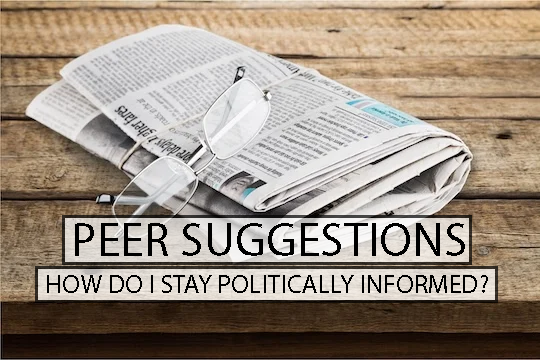Talking About Mental Illnesses with Loved Ones
The stigmas behind mental health hinder some individuals from speaking openly or seeking help. Sometimes it is even harder to tell those you love about and educate them on the mental illness you, or another loved one, might have. Everyone lives life differently and has met different obstacles and experiences. This can cause misunderstandings in communication, especially when communicating about mental health.
Only recently has mental health become more acceptable to speak on in larger settings and society. It is a slow transition, but it is underway. Some of our loved ones are from a time when mental health was not taken very seriously, or there were certain negative rumors surrounding having a mental illness. This can also lead to some miscommunication and misunderstanding.
One must evaluate and gauge whether the individual is willing to listen and learn about the latest information found surrounding mental illness. They must also want to hear your voice on your diagnosis and struggles. If they refuse, there is hardly any point in placing all your heart and energy into a discussion or explanation that will be disregarded. If this ends up being the case, please remember, it is not that this loved one is actively trying to belittle you and your struggles. A toxic and avoidant society poisoned their minds that new research and professionals are actively trying to avoid the continuation of.
To further continue the topic of toxicity and negative stigmas behind mental health that have circulated in our society, if you approach a friend or peer with the topic of your diagnosis and they say something negative, try not to take it personally. These individuals are not as educated on the topic as you and the others who study it are. I know it is difficult not to feel hurt and become offended. It is okay to feel both of those things when being scrutinized by individuals you thought you could trust and be open with. However, remember their ignorance of the subject and distance yourself from them if necessary. Please also remember that a relationship involves respect, whether familial, friendly, or romantic. If any of these people you choose to discuss and share your diagnosis with offended or hurt your feelings, you have every right to distance yourself from them or choose not even to have a bond with them anymore.
Please also do not feel ashamed to share your diagnosis with loved ones. It can only go one of two ways: good or bad. Regardless of the outcome, you spoke your truth and shared a vulnerable aspect of your life. That took bravery, love, and respect for the people you are choosing to share with. None of the qualities listed in the previous sentence is anything to be ashamed of. If anything, it makes you a person of depth and heart. This is not always an easy topic to bring up, as I stated previously. Your family and loved ones should always support you no matter what. Remember that more than 50% of United States citizens face mental illness daily alongside you. You are not alone.








